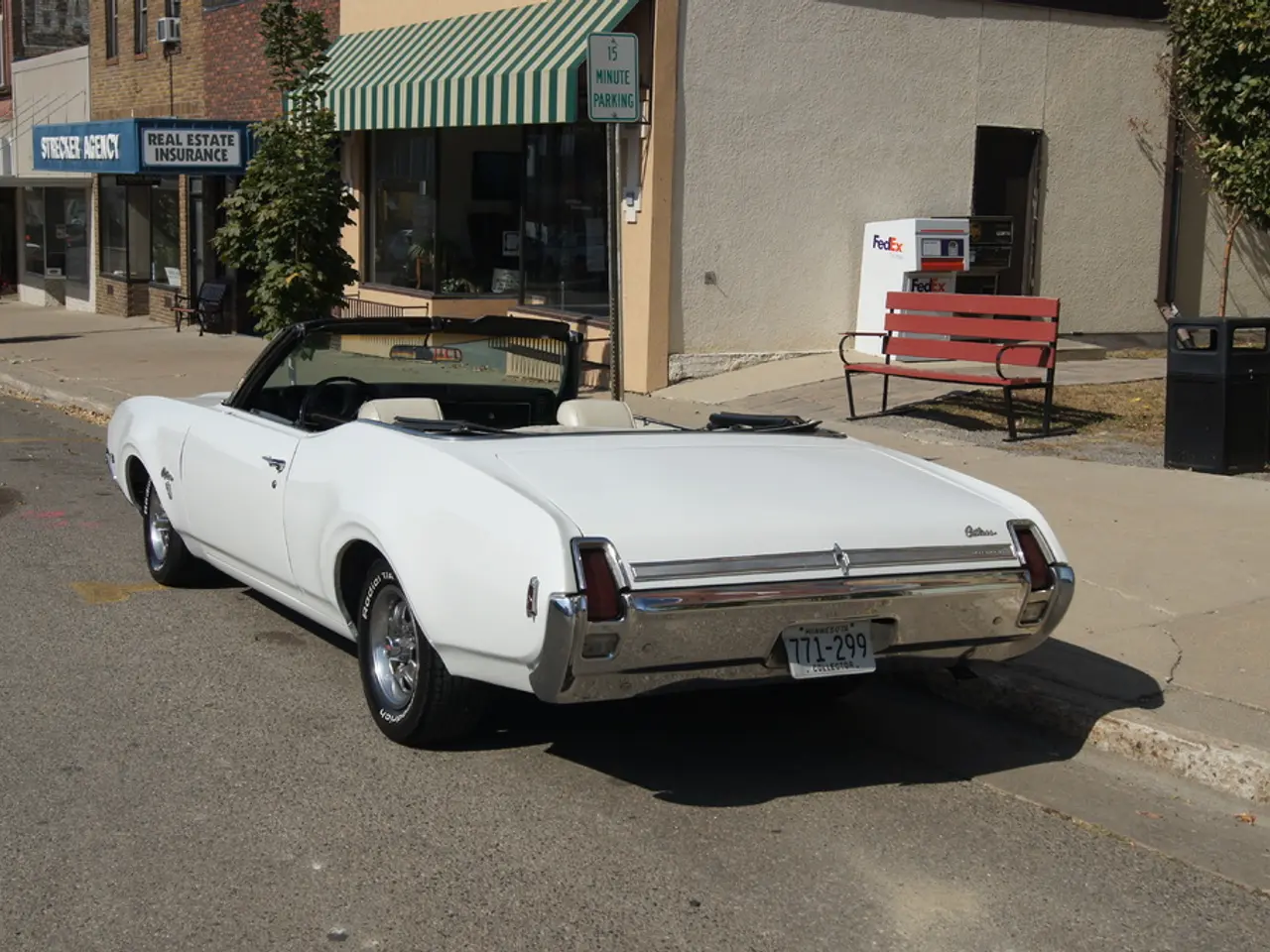Incidents Occur: 5 Reasons You Need Comprehensive Insurance Protection
In the world of auto insurance, choosing the right coverage can significantly impact your financial well-being. Full coverage auto insurance offers substantial advantages over minimum (liability-only) coverage, providing a safety net against various financial risks.
First and foremost, full coverage includes medical payments coverage (or personal injury protection), which helps pay for medical expenses for you and your passengers after an accident, regardless of fault. This is a crucial difference from minimum coverage, which typically only covers bodily injury liability, meaning it pays only for injuries you cause to others, not yourself or your passengers.
Another key benefit of full coverage is its property damage coverage. This includes liability for property damage, plus collision and comprehensive coverage. The latter covers repairs or replacement of your vehicle if you crash or it’s damaged by non-collision events like theft, vandalism, or natural disasters. Minimum coverage, on the other hand, only pays for property damage you cause to others, leaving you responsible for your own vehicle repairs.
Full coverage also offers robust legal liability and lawsuit protection. Both cover bodily injury liability and property damage liability, but full coverage often comes with higher liability limits, providing more financial protection against lawsuits or large claims.
One of the most compelling reasons for choosing full coverage is the uninsured and underinsured motorist protection it provides. Full coverage policies frequently include uninsured/underinsured motorist coverage, which covers your medical bills and damages if you’re hit by a driver without sufficient insurance. Minimum coverage may not include this protection unless specifically required by state law or added as an extra.
Full coverage insurance provides a sense of peace of mind, reducing your out-of-pocket risk by covering a wide range of potential damages, including your own vehicle repairs, medical costs, and protection against uninsured drivers. This comprehensive protection helps avoid large unexpected expenses—such as the average $5,000 collision repair cost—and provides financial security and confidence on the road.
It's important to note that full coverage is often mandatory if your car is financed or leased, ensuring lenders’ financial interests are protected.
In summary, full coverage auto insurance offers much broader protection than minimum coverage by covering your medical expenses, vehicle repairs, broader liability claims, uninsured motorists, and providing greater peace of mind, at the cost of higher premiums. The monthly premium difference between minimum coverage and comprehensive protection is typically modest compared to the potential out-of-pocket expenses from even a minor accident.
Underinsured motorist coverage is particularly important, as many drivers carry only state-minimum insurance that may be insufficient to cover serious accidents. The relatively small additional cost of higher liability limits pales in comparison to the potential financial devastation of an inadequate policy. Comprehensive coverage becomes not just prudent but essential.
A single underinsured accident could derail retirement plans, college savings, or other important financial objectives. Full coverage policies include uninsured and underinsured motorist coverage that protects victims when accidents involve drivers who lack adequate insurance.
Approximately 13% of drivers nationwide are uninsured, with some states reporting rates as high as 25%. If someone with minimal coverage causes an accident that results in $100,000 in damages but only carries $25,000 in liability coverage, underinsured motorist protection covers the difference.
Financial security extends beyond immediate accident costs to include protecting your credit rating, preserving your assets, and maintaining your ability to achieve long-term financial goals. Full coverage insurance represents a sound investment in your financial security.
- In the event of a car-accident, personal injury protection in a full coverage auto insurance policy can help cover medical expenses for you and your passengers, offering financial relief that may not be available with minimum coverage.
- Full coverage insurance provides uninsured/underinsured motorist coverage, which can help protect your finances by covering medical bills and damages if you're hit by a driver without sufficient insurance, a risk that can lead to significant financial difficulties.




